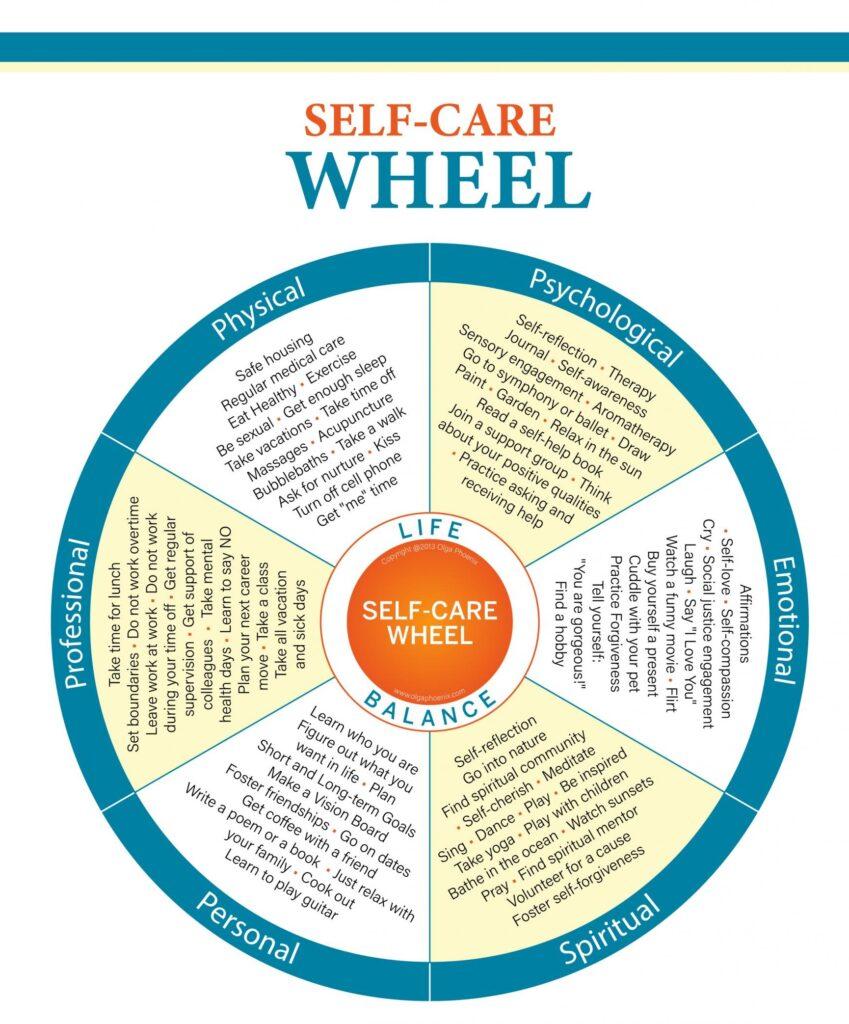
In a world where fad diets and quick fixes abound, the key to sustainable weight management lies in cultivating healthy habits. These habits not only contribute to maintaining a healthy weight but also foster overall well-being. In this article, we will explore the significance of healthy habits and how they play a crucial role in achieving and sustaining weight management goals.
Balanced Nutrition
The foundation of any healthy lifestyle begins with a balanced and nutritious diet. Instead of focusing on restrictive diets, it is essential to adopt a well-rounded approach that includes a variety of fruits, vegetables, lean proteins, whole grains, and healthy fats. Consuming a diverse range of nutrients not only aids in weight management but also supports overall health.
Mindful Eating
In our fast-paced lives, it’s easy to fall into the trap of mindless eating. Practicing mindfulness while eating involves paying attention to the sensory experience of each bite, recognizing hunger and fullness cues, and savoring the flavors of food. By being present during meals, individuals can develop a healthier relationship with food, preventing overeating and promoting weight control.
Regular Exercise
Physical activity is a cornerstone of weight management. Engaging in regular exercise not only burns calories but also boosts metabolism and builds lean muscle mass. Whether it’s a brisk walk, a jog, strength training, or yoga, finding an enjoyable and sustainable form of exercise is key to maintaining a healthy weight over the long term.
Adequate Sleep
Quality sleep is often overlooked but is critical for weight management. Lack of sleep can disrupt hormonal balance, leading to increased cravings for high-calorie foods and a slower metabolism. Aim for 7-9 hours of quality sleep each night to support overall health and weight maintenance.
Hydration
Drinking enough water is a simple yet powerful habit for weight management. Staying hydrated not only aids digestion but can also help control appetite. Sometimes, feelings of hunger are actually signs of dehydration. By making water the beverage of choice and staying adequately hydrated, individuals can support their weight management efforts.
Stress Management
Chronic stress can lead to emotional eating and weight gain. Developing effective stress management techniques, such as meditation, deep breathing, or engaging in hobbies, can help prevent stress-related weight fluctuations. A holistic approach to well-being that includes stress reduction is crucial for maintaining a healthy weight.
Portion Control
Understanding portion sizes is vital for weight management. Even healthy foods can contribute to weight gain if consumed in excess. Learning to listen to the body’s hunger and fullness signals and practicing portion control can contribute to maintaining a healthy weight.
Conclusion
Achieving and maintaining a healthy weight is not about drastic measures or quick fixes; it’s about adopting a lifestyle centered around healthy habits. The power of these habits lies in their cumulative impact on overall well-being and weight management. By focusing on balanced nutrition, mindful eating, regular exercise, quality sleep, hydration, stress management, and portion control, individuals can create a sustainable foundation for a healthy and fulfilling life. Remember, the journey to a healthy weight is a marathon, not a sprint, and cultivating these habits will pave the way for long-term success.




